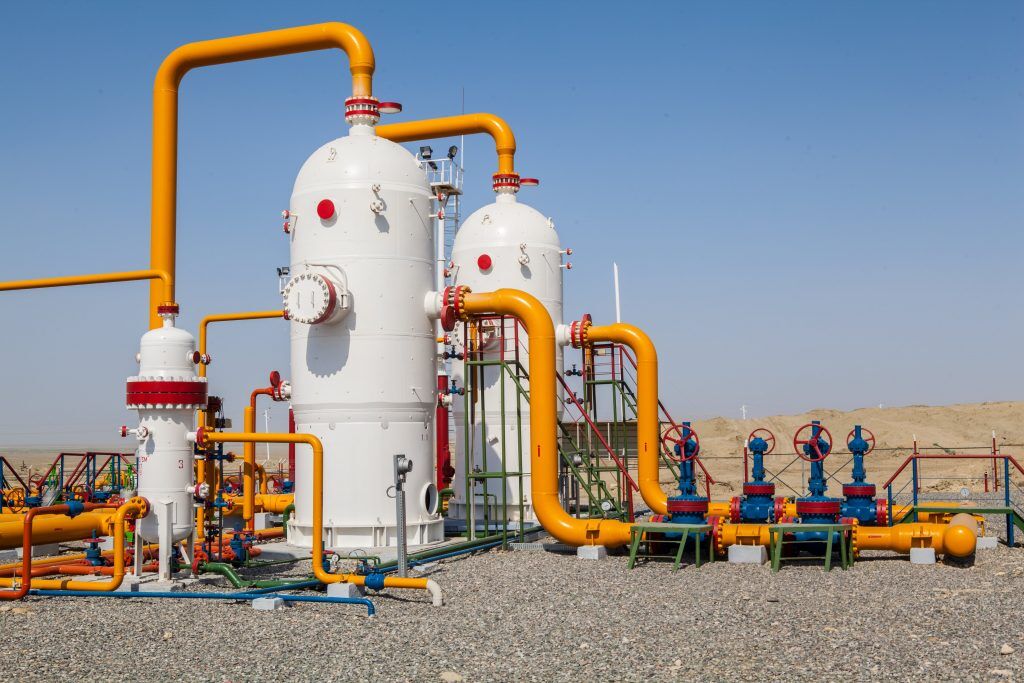What are the benefits of investing in this sector, and why has it been neglected in past years?
The global energy outlook indicates that natural gas will remain critical worldwide in the coming decades, with significant investments being made in this field. Many regions are adopting gas-based energy policies due to its unique advantages, which still make it preferable to renewable energy in certain contexts.
Some forecasts suggest that over half of the world’s natural gas trade will be in LNG form by 2050, with the Middle East playing a major production role. Despite Iran ranking second in global gas reserves and third in natural gas production, it has yet to secure a share of this lucrative market. However, Iran’s vast resources and strategic geographic position give it the potential to become a key player in the global LNG market.
Iran’s gas exports: Current status, potential
While Iran exports pipeline gas to neighboring countries, it could expand its reach by adopting LNG technology, enabling exports to distant markets.
Aside from gas flaring and inefficiencies in domestic consumption—which have limited Iran’s export revenue—the lack of investment in LNG and neglect of modern technology in past years have cost Iran opportunities in distant markets. Sanctions have been a major barrier, as they have restricted access to essential compressor technology.
Nevertheless, Iran must swiftly enter the global LNG market. Beyond economic benefits and enhancing Iran’s role in global energy supply, this could also bring security advantages and deeper ties with other nations.
LNG development: A necessity, not a choice
Despite its potential, Iran’s LNG development has stalled in recent years. Key challenges include:
- International sanctions and technology transfer restrictions
- Need for substantial investment
- Competition with traditional producers like Qatar and Australia
Ultimately, developing Iran’s LNG industry is not just an option—it is a strategic imperative. This sector could become a driving force for the economy, generating stable foreign income. Achieving this requires national resolve, technological advancement, and private sector involvement.
Pars Oil and Gas Company, with access to vast gas resources and experience in managing large-scale projects, is well-positioned to lead this effort. The company has proposed an investment package for producing 5.25 million tons of LNG annually, aiming to secure Iran’s rightful place in the global gas trade.
At the Transformation in Investment and Upstream Oil and Gas Development event, NIOC presented over 200 investment opportunities to large, medium, and small investors under various contract models.


Your Comment